In this world, there are not only villages covered with mountains and flowers; not only simple and pure ancient towns; not only endless blue seas.
Also, the restricted area of life, where death and beauty go hand in hand, is mysterious and magnificent. If you want to explore it, you will be filled with awe. The four uninhabited areas in China are inaccessible but beautiful. Do you dare to go there?
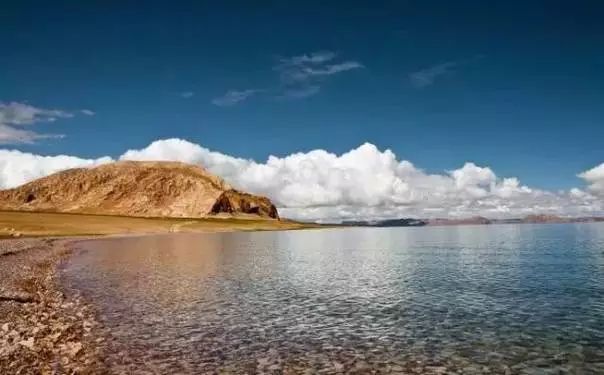
Qiang Tang
Qiangtang means “Northern Highland” in Tibetan, specifically referring to the northern Tibetan Plateau, with an average altitude of more than 5,000 meters. It is the highest step in my country and is called “the roof of the world’s roof”.


The terrain here is complex, the landform is peculiar, and the surrounding area is desolate and uninhabited, showing a primitive mountain style.
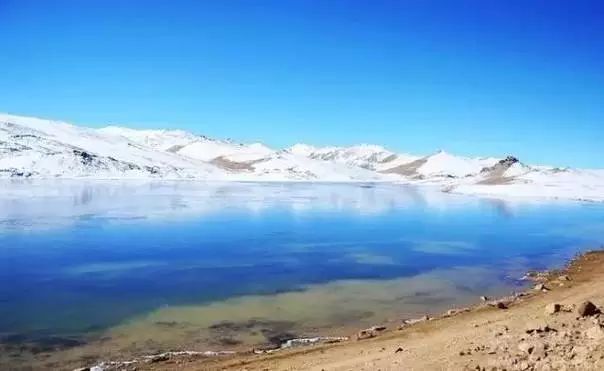
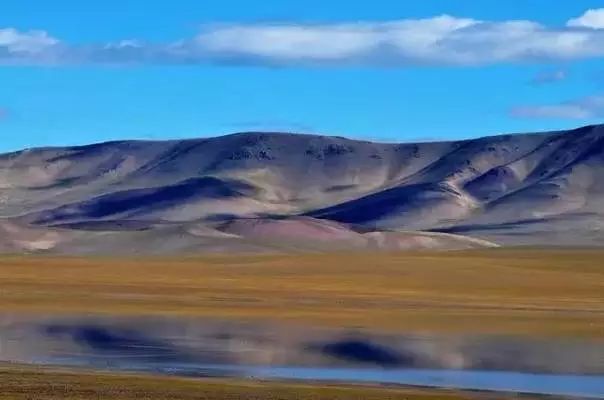
The original ecological appearance of nature is completely preserved here, and the peculiar karst landform makes people marvel that nature still retains such a magnificent primitive wilderness.

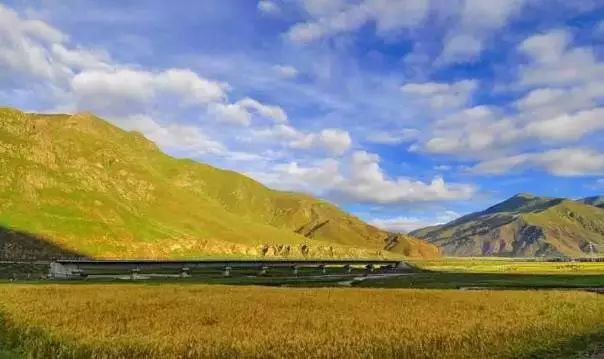
This is the most silent and mysterious area on the earth away from human intrusion. When you see wild animals running here, you will definitely be moved by the beauty of the world.


Walking on the plateau, it is difficult to express the scenery here in words. You can only perceive her solemnity, serenity and profundity with your heart, and appreciate the ever-changing and billions of years of silence endowed by nature.

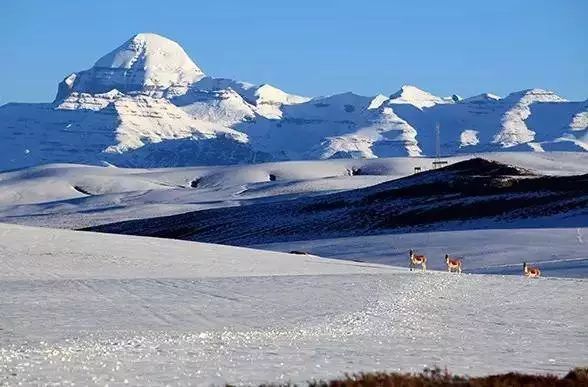
alkin
This birthplace of ancient Chinese mythology is considered to be “the last magnificence on the wasteland”.


It is not difficult to find traces of this heavenly realm in the Western Regions, no matter from the myths and stories of “Kua Fu Chasing the Sun” spread among the people, or in martial arts novels such as “Dragon and Babu”.


It is the home of wild animals and a forgotten piece of pure land on the Qinghai-Tibet Plateau.
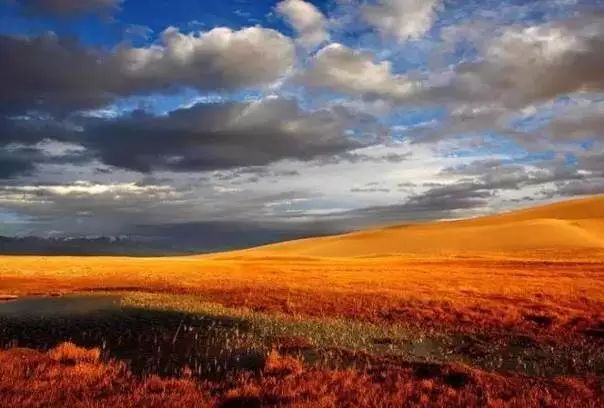

There are no crowds, no signals, no wide roads, but there are vast deserts, towering mountains and pure scenery.


Here, every plant and tree, every mountain and river, every person and thing are all equal and free.
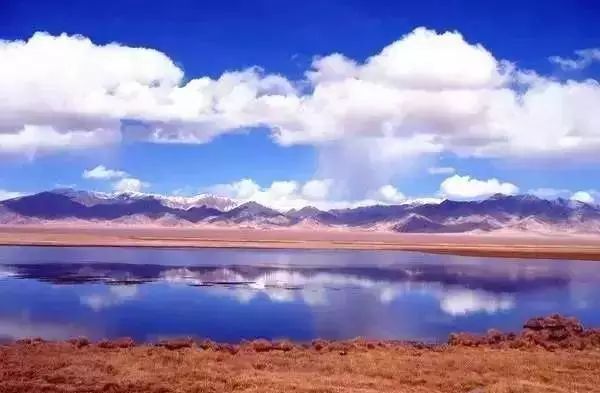
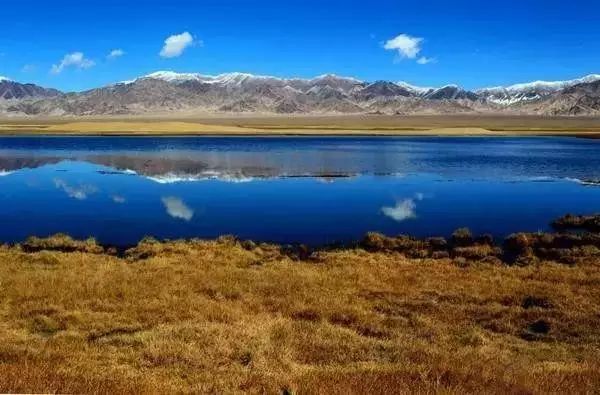
Lop Nur
Lop Nur, located in the Tarim Basin, is known as the “disappeared fairy lake”. There used to be a lot of people, thousands of lights, and the city of Loulan.
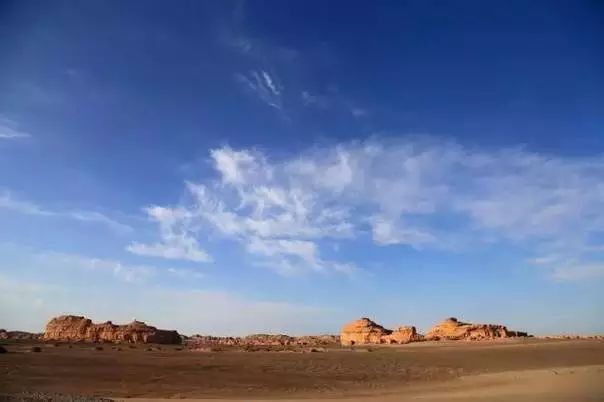

“Shan Hai Jing” calls it “You Ze”, which means a lake with many waters. However, due to man-made destruction and natural reasons, it is now barren and uninhabited, and has become a land of adventure, leaving behind the souls of many explorers.
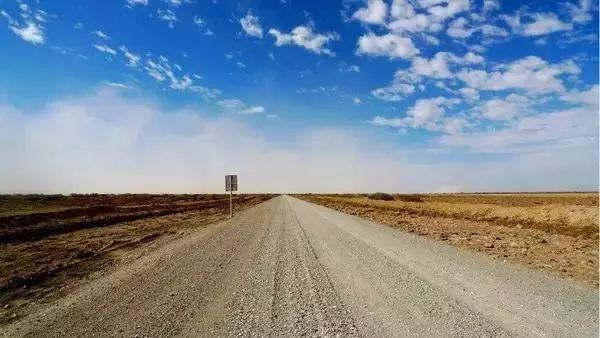

“No blade of grass grows” is such a terrible word. The once prosperous land was finally covered by desert.


View Yadan, appreciate the salt fields, and explore the ancient city. The mystery of this land attracts the brave to explore.


At sunset, this place is even more magnificent. One glance is enough to make you unforgettable for a lifetime, because any description you use is pale.


Hoh Xil
Hoh Xil means “beautiful girl” in Mongolian. A movie “Hoh Xil” brought the Tibetan antelope into people’s sight, and let more people know about this land.

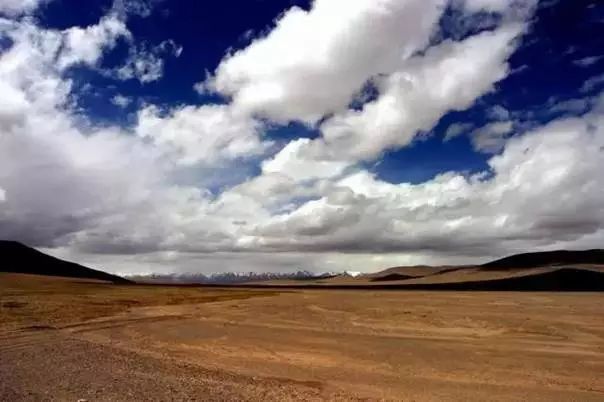
Known as the Hoh Xil No Man’s Land, it is the largest, highest and most mysterious “death zone” in China. The climate is dry and cold, with severe lack of oxygen and fresh water, and the environment is dangerous and daunting. It is also known as the “forbidden zone of life”.
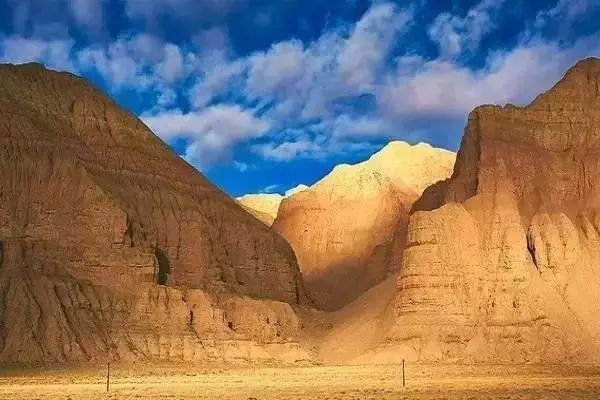

Human beings cannot survive there for a long time, and can only vaguely see wild animals and plants that have adapted to the alpine climate. Because of this, this place has become a “paradise for wild animals”.

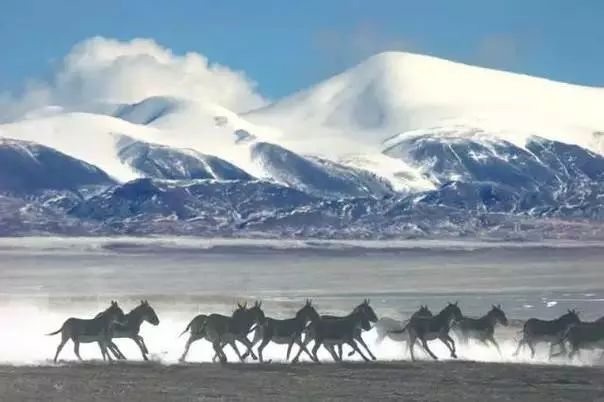
The Tibetan antelope, known as the pride of Hoh Xil, is a unique species in China. They run around in this undisturbed land.


The beauty of Hoh Xil cannot be appreciated by just looking at flowers on a horse. You have to be as pious as a pilgrim, talking to every plant and tree here. Feel the sanctity and tenacity of the snowy land.


Traveling through no-man’s land is a fearless challenge, a subversion of ordinary life, and a new perception of life.
What we should do more during the journey is to be full of kindness to this world, remember its appearance, and protect its long-term vastness and magnificence.
Picture and text transferred from: Spring Grass Microvision
— END —




